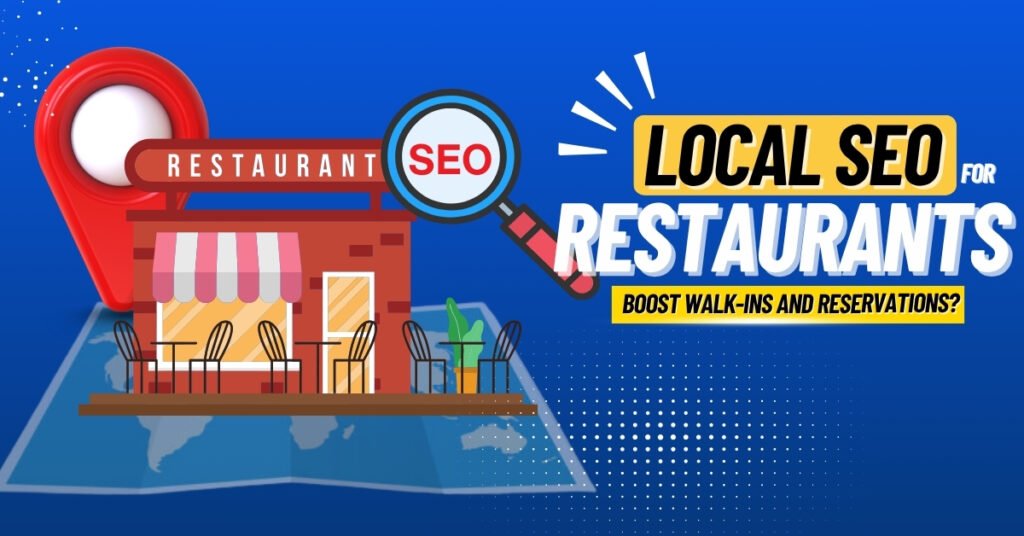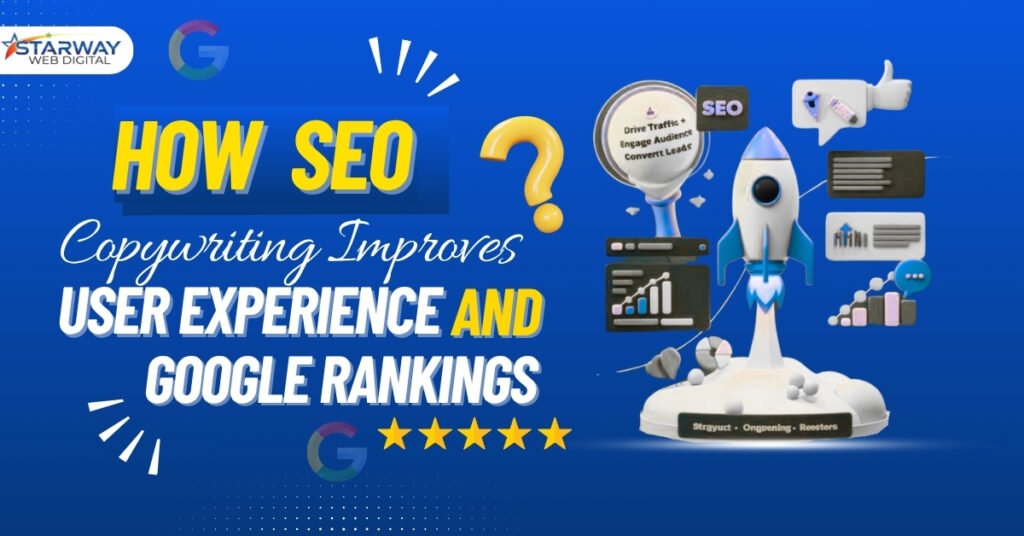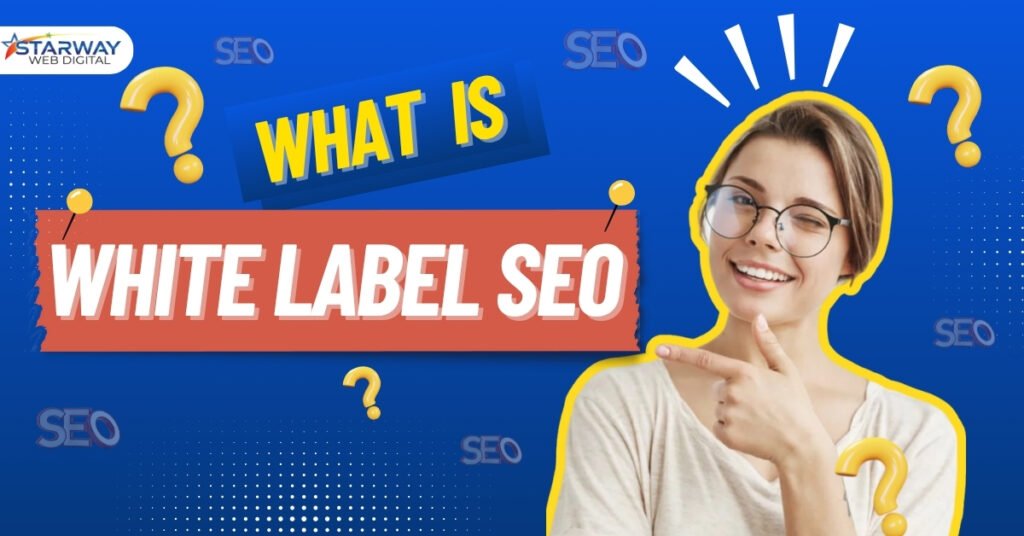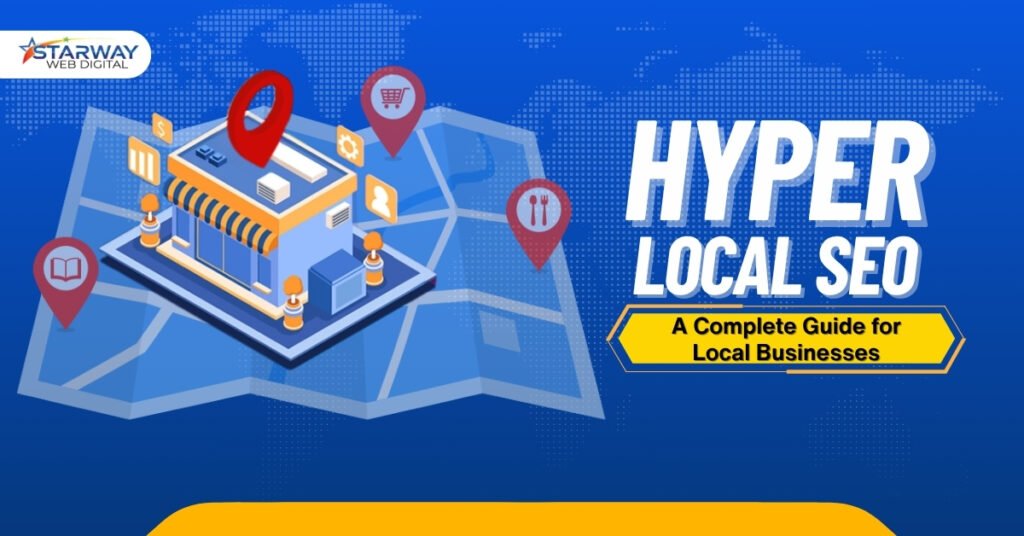In the age of mobile-first browsing and real-time search, hyper local SEO has become a game-changer for businesses that rely on local foot traffic and regional clientele. Unlike traditional local SEO that focuses on broader geographical areas like cities or towns, hyper local SEO targets extremely specific locations—think neighborhoods, streets, or even individual landmarks. If you’re a small or mid-sized business looking to boost visibility in your immediate surroundings, understanding hyper local SEO is essential. This guide will break down what hyper local SEO is, why it matters, how it differs from regular local SEO, and how you can implement it effectively to grow your customer base. What Is Hyper Local SEO? Hyper local SEO refers to search engine optimization strategies designed to promote your business to nearby customers based on highly specific geographical data. This includes optimizing your website, business listings, and content to appear in search queries that include keywords like “near me,” or location-specific terms such as “coffee shop near 5th Avenue” or “best dentist in West Loop Chicago.” By honing in on micro-markets, businesses can engage with users who are not only interested in their services but are also physically close and ready to take action. Why Is Hyper Local SEO Important? Here are a few reasons why hyper local SEO can significantly impact your business: 1. Captures High-Intent Users Users performing hyper-local searches often have immediate needs. Whether they’re searching for a locksmith, a pizza place, or a nearby pharmacy, they’re ready to make a decision quickly. Hyper local SEO puts your business in front of them at the right moment. 2. Less Competitive Space Ranking for general city-wide searches like “best hair salon in Los Angeles” is tough. But targeting “best hair salon in Silver Lake” or “haircut near Sunset Junction” drastically reduces competition, giving you a greater chance to appear at the top of local search results. 3. Optimizes for Mobile and Voice Search Most hyper-local searches happen on mobile devices. Voice searches like “Where can I get sushi near me?” have also exploded in popularity. Hyper local SEO ensures your business shows up in these mobile and voice search results. Key Components of Hyper Local SEO To effectively implement hyper local SEO, businesses need a multifaceted approach. Below are the essential elements: 1. Google Business Profile Optimization A well-optimized Google Business Profile (GBP) is the cornerstone of hyper local SEO. Ensure that your business name, address, phone number (NAP), operating hours, and categories are accurate and consistent. Add high-quality images and encourage satisfied customers to leave reviews. 2. Hyper-Localized Content Create landing pages or blog posts targeting specific neighborhoods or landmarks. For example, a cleaning service in Austin could write about “Top Reasons to Book a Cleaning Service in South Congress.” Use geo-specific keywords and location modifiers in your titles, meta descriptions, headers, and body text. This helps search engines better understand where your services are most relevant. 3. Local Citations and Directories Submit your business information to hyper-local directories, local chambers of commerce websites, and niche directories. These backlinks and citations improve your authority and trustworthiness in the eyes of search engines. 4. Mobile Optimization Ensure your website is mobile-friendly, loads quickly, and has clear calls to action. Most hyper-local searches are done on mobile devices, so a seamless experience is essential to convert traffic into leads. The Role of On-Page SEO in Hyper Local Strategies While hyper local SEO is heavily focused on geographical relevance, on-page SEO still plays a critical role. This includes optimizing title tags, meta descriptions, header tags, and content for both user experience and search engine visibility. For instance, using targeted location-based keywords in your headings (H1, H2, H3) and adding structured data (Schema markup) can significantly boost your local ranking. Don’t forget to include embedded maps and directions to your physical location, as these further signal hyper-local relevance to Google. How SEO Audit Helps in Hyper Local SEO Conducting a comprehensive SEO audit is essential before launching a hyper local SEO campaign. An audit will help you identify technical issues, content gaps, inconsistent NAP information, and missing metadata—all of which can impact your local search rankings. With an audit, you can also pinpoint which local keywords are performing well and which ones need more focus. This provides a strong foundation for building a strategy that gets real, measurable results in your target area. Hyper Local SEO vs. Local SEO: What’s the Difference? While both strategies aim to improve visibility in local search results, the scale and precision differ: Feature Local SEO Hyper Local SEO Target Area City, Metro area Neighborhood, Block, Landmark Competition Level Higher Lower Search Intent General local searches Immediate, action-driven searches Keyword Strategy Broad location-based keywords Highly specific, geo-targeted keywords Use Case Regional service provider Walk-in business, delivery, or urgent services Real-World Examples of Hyper Local SEO These businesses are not just optimizing for their city—they’re zeroing in on where their customers are searching from. How to Get Started with Hyper Local SEO If you’re ready to boost your visibility and bring in more local traffic, follow these steps: At Star Way Web Digital, we specialize in local and hyper-local SEO strategies that get results. Whether you’re a small business looking to dominate your neighborhood or a growing company ready to expand across multiple zip codes, we have the tools and expertise to help you rank higher, attract more customers, and grow sustainably. Need help optimizing your online presence down to the street level? Let’s talk. Final Thoughts Hyper local SEO is no longer optional—it’s a necessity for any business looking to succeed in a highly competitive and localized digital marketplace. By focusing on ultra-specific locations, optimizing your content and listings, and leveraging tools like SEO audits and on-page SEO, you can connect with customers who are nearby and ready to convert. The next time someone searches for a service “near me,” make sure it’s your business they find first.











